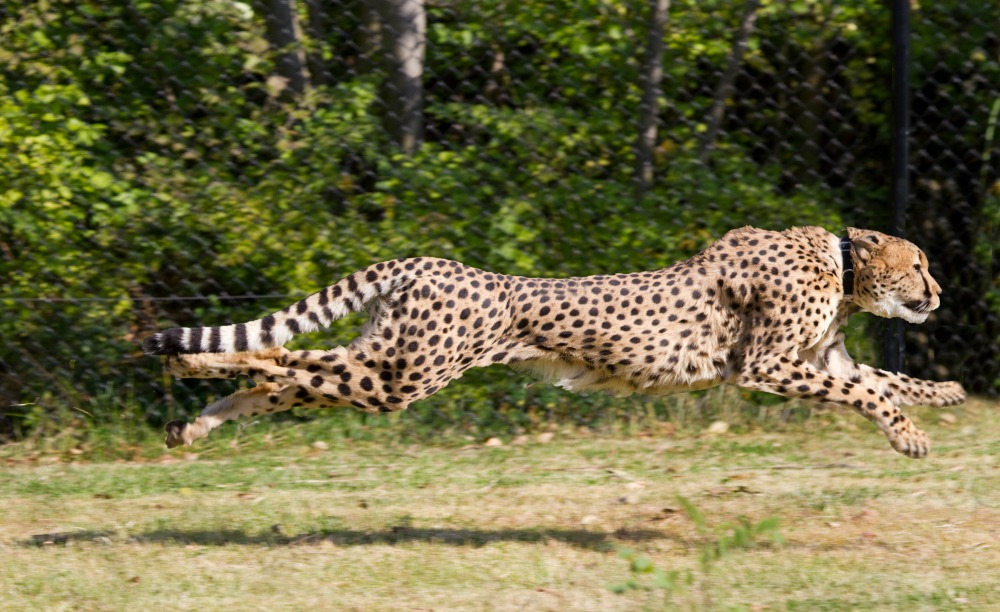For destinations facing an upended landscape and changing visitor behaviours, it’s natural to fear being left behind. One of the roadblocks preventing destination marketers from truly embracing consumer engagement is a lack of relevant skills. But how should today’s destination marketing leaders and CEOs work toward building the critical skills within their organization? We spoke to three members of Destination Think’s strategy team to find out.
Developing an agile organization
Given today’s fast-paced technological and social changes and their effect on peer-to-peer promotion, the greatest skill that destination marketing organization (DMO) leaders can have is the ability to develop an agile organization that can respond to evolutions in traveller behaviour. No small task, says Senior Strategist Frank Cuypers, but absolutely vital:
“Success for destination marketers is no longer about changing strategy but about having the agility to execute multiple strategies simultaneously. For a CEO, the driver for success is the capability to develop the right workforce skills and corporate culture.”
How can CEOs develop agility within their team? William Bakker, Chief Strategist, suggests that leaders should break down barriers that prevent staff from doing their best work. “Sometimes processes just stand in the way of letting your team really run with their individual skills and abilities. Often, leaders become a roadblock. Unshackling your existing team goes a long way. Creating the right culture is important, where people are not afraid to fail. That’s really, really important. Lack of agility is driven by fear. As a leader, it’s really important to give people the space to really excel.”
How can leaders give their team members the space to excel?
Create a staff training budget. Leaders need to help their team educate themselves. “The new marketing environment means that you need people on your team to update their skills in order to be successful,” says Bakker. “It could be as simple as having a training budget for staff so they make sure that their skills are current and updated by taking a course, going to a conference, or accessing training.” This allows your most motivated team members to excel and stay ahead of new tactics and changes in their fields, which helps the organization stay relevant.
Allow room for experiments. As staff gain new skills individually, the DMO can also learn as a team by trying new tactics in order to properly evaluate them. Bakker says, “Sometimes DMO leaders need to say ‘we need to try something new.’ The primary goal here is learning as a team, instead of just focusing on how many heads in beds we get.
“For example, if you need to figure out how live video streaming works, you can put some budget aside to test it out, without expectations to knock it out of the park on the first try. This will let you really see what’s involved in making this happen so that you can properly assess how or whether to move forward with that tactic in the future.”
Team and individual learning in a supportive environment should be a priority for DMOs. As Client Strategist Andrea Moreton sums up: “have the faith and courage to try new things, learn from them and move on.”
Featured image credit: Chris Miller, Flickr










0 Comments